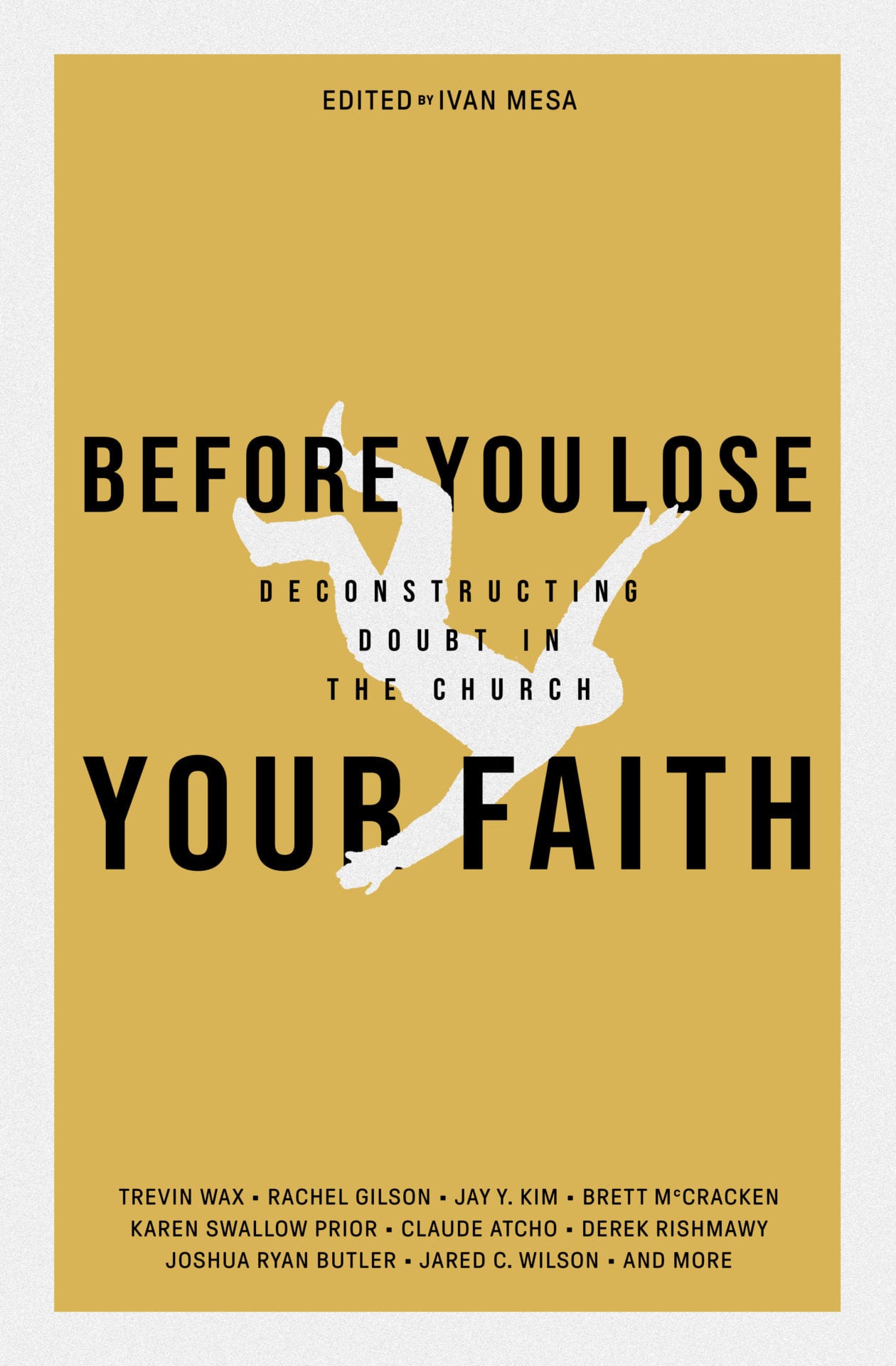By now many readers have heard about Wheaton College professor Larycia Hawkins, who wore a hijab to show solidarity with Muslims and whose future employment is now in doubt. Hawkins’s statement that Muslims and Christians worship the same God has ignited a firestorm of debate among Christians as to whether and in what sense this statement is true or false.
What’s a bit unusual about this controversy du jour is the prominence of philosophers as self-styled specialists on the issue. Phrases like “the distinction between sense and reference” and “the causal theory of reference” are flying about, as are names like Kripke and Frege, all of which are unfamiliar to the large majority of laymen who understandably have more than a passing interest in the question of whether Muslims and Christians worship the same God.
Given the fundamental differences between the Muslim and Christian concepts of God, it would be surprising if there existed some knock-down philosophical argument that both groups worship the same God. An intelligent non-philosopher could reasonably conclude instead that any theory leading to that conclusion must be incorrect.
Jehovah Is Not Like Clark Kent
One argument goes something like this: It’s possible for two people to have radically different ideas about someone but still to be referring to the same person. Someone who talks to Superman is talking to the same person a co-worker of Clark Kent talks to, though the latter has no notion of Kent’s superhero identity. In the same way, Muslims and Christians have different ideas about God but nonetheless worship the same God.
But this argument is question-begging. The analogy assumes there is one being, the same being, with whom Muslims and Christians are both in contact, even if they don’t realize it. But isn’t that exactly what was supposed to be proved? At most, the Clark Kent/Superman analogy shows there are possible situations in which persons can have radically different ideas about someone with whom they are both in contact. In some cases, radically different ideas may still mean the two persons are referring to the same being, but in other cases they will not. It’s not a trivial thing to conclude two groups are referring to the same entity when there’s plenty of reason otherwise.
Why should we think Christians and Muslims are like the acquaintances of Superman and Clark Kent? After all, Christians presumably don’t believe most Muslims, when praying to Allah, are experiencing real contact with the one true God. And Christians definitely shouldn’t believe Mohammad had a genuine encounter with God that led him to found Islam. The Clark Kent/Superman analogy, then, doesn’t contain any special insight requiring us to believe Muslims and Christians worship the same God.
Confusion About Worship and Monotheism
Here’s another common argument: Muslims claim to worship the God who spoke to Abraham, as told in the Bible. Christians and Jews also claim to worship the God who spoke to Abraham in the Bible stories. Therefore, they’re all worshiping the same God, since they’re all referring to the God of Abraham.
But this argument depends on such a thin notion of “worshiping the same God” that it leads to absurd conclusions. Suppose I invent a religion according to which I, Lydia McGrew, am identical to the One who made special revelations to Abraham as told in the biblical stories. My sincere followers sincerely think they are worshiping the God of Abraham when they worship me. Does that mean Lydians, Christians, and Jews all worship the same God?
Such a theory trivializes all differences among religions, and any intelligent non-philosopher is free to reject it out of hand and go on believing Muslims and Christians don’t worship the same God.
Here’s another one: Muslims are monotheists. They hold that there is only one God, and they consider this one God to be metaphysically ultimate, uncaused, omnipotent, and the Creator of all things outside himself. Theirs is a dignified monotheism that attributes to Allah many of the same ultimate properties Christians attribute to the one true God. These philosophically important properties of the First Cause, common to the great monotheistic religions of the world, are sufficient for us to say Muslims and Christians worship the same God.
At least this argument, unlike the previous ones, acknowledges the importance of divine attributes in deciding whether the adherents of two religions worship the same God. But it makes perfect sense to ask why just these attributes should be considered sufficient while others, about which Muslims and Christians differ, are unnecessary.
Islam says more than that God doesn’t happen to be triune or that God didn’t in fact come down as man. Islam insists God cannot be triune or incarnate. It denies Jesus could be the Son of God, much less God himself. Why is the fact that Allah (as conceived in Islam) is the Creator more important to the question at hand than the fact that he cannot be triune or incarnate?
There’s also another problem. One influential school of Islamic thought holds that Allah, by his will alone, could make what we call “evil” into what we call “good”—a position known as extreme moral voluntarism. So Allah could make it “good” to torture and rape little girls, for example, and then it really would be good. But shouldn’t the metaphysically ultimate Creator be perfectly good, in a robust sense, if he is worthy of worship? If we wonder whether Christians and Muslims worship the same God, why should the fact Allah is supposedly the uncaused Creator be more important to that question than extreme moral voluntarism?
There is no philosophical argument that tells you that you have to brush these questions aside. The argument from monotheism amounts to choosing properties some philosophers think are most important for the issue, noting these are attributed to Allah, and then dubbing them sufficient for the two groups to be worshiping the same God.
What About the God of the Jews?
Finally, there’s the “What about the Jews?” argument. This is often trotted out as a knock-down response to any mention of the Trinity in this context.
It is vitally true that Jesus was a Jew, that all of the apostles were Jews, and that Christianity originated in the context of first-century Judaism. It is vitally true that Jesus came to reveal the God who chose the Jews as his people and that Jesus was the promised Messiah, sent by Yahweh himself. The God of the Old Testament is, Christians affirm, the God of the New Testament. Doesn’t this mean Christians worship the God of the Jews? Then, some ask, how can Trinitarianism even be relevant to the question of whether Muslims and Christians worship the same God? After all, Abraham didn’t believe in the Trinity, and modern orthodox Jews reject the Trinity.
But here, philosophy can be helpful, because one thing philosophers do well is making distinctions. And the answer is that in one sense Christians and modern religious Jews worship the same God; in another sense they don’t. Old Testament Jews, of course, didn’t reject the Trinity and the incarnation, since those doctrines hadn’t been revealed. If one emphatically rejects these truths about God, however, and explicitly worships God as non-triune and non-incarnate, then this makes a pretty good case that, in one sense, such a person does not worship the same God whom Christians worship.
In another sense, however, Christians can say to modern religious Jews:
The true God who called your forefathers out of the land of Egypt, who gave the law at Sinai, who chose you as his beloved, chosen people, really is the one who sent Yeshua the Messiah to die for our sins. We worship the God who really did found Judaism thousands of years ago, who really did give the Torah. And we are here to tell you more about him.
In this historical sense we can say the God we worship is the God of the Jews, though those who haven’t accepted Jesus don’t (of course) agree. But notice: Nothing like this is true of Islam. God didn’t really reveal himself to Mohammad. Mohammad was not a prophet of God. It isn’t enough that Muslims think the Being who revealed himself to Abraham also spoke to Mohammad. Truth matters, and since that isn’t true, there is no real historical connection—in the acts of God himself—between the Allah of Islam and the one true God. But there is a real historical connection in the acts of God between Judaism and Christianity.
There is therefore a fundamental asymmetry between Judaism and Islam. When Christians affirm that (in one sense) religious Jews and Christians worship the same God, it shouldn’t be because we’ve watered down the concept of God to a generic monotheism, which we then have to recognize in Islam. Far from it. The fact that the God who chose the Jews is the same God who sent Jesus the Messiah—the incarnate second person of the Trinity—is not a fact of philosophy or one that flows from abstract monotheism. It’s a fact of revealed, biblical, gospel truth. The “What about the Jews?” argument has an answer, then, that makes the sharpest possible distinction between the God of Scripture and the God of Islam.
Why This Matters
The question of whether Christians and Muslims worship the same God is a theologically deep question of immense practical importance. If Muslims and Christians worship the same God, then Muslims already worship the true God. They just worship him imperfectly and believe false things about him. How could this not have practical implications? It has daily relevance for missionaries to Muslims, who must decide what to say on precisely this matter. It’s relevant to whether Christians and Muslims can get together and all pray to Allah in an interfaith service. And it’s relevant right now to the administrators of Wheaton College. It’s not surprising, then, that it can’t be decided by a flick of the philosophical wrist.
Ultimately, it comes down to what importance we give to particular attributes of the true God and to historical truths about his acts. Which ones do we treat as definitional of the notion of the God we worship? There is no reason to think philosophical specialists have any inside scoop on that question.
Free Book by TGC: ‘Before You Lose Your Faith’
 Many young people are walking away from Christianity—for reasons ranging from the church’s stance on sexual morality, to its approach to science and the Bible, to its perceived silence on racial justice.
Many young people are walking away from Christianity—for reasons ranging from the church’s stance on sexual morality, to its approach to science and the Bible, to its perceived silence on racial justice.
TGC’s book Before You Lose Your Faith: Deconstructing Doubt in the Church is an infusion of hope, clarity, and wisdom in an age of mounting cynicism toward Christianity.
For anyone entering college or the workplace and looking for a timely reminder of why Christianity is good news in a skeptical age, make sure to get your FREE ebook Before You Lose Your Faith today!





























